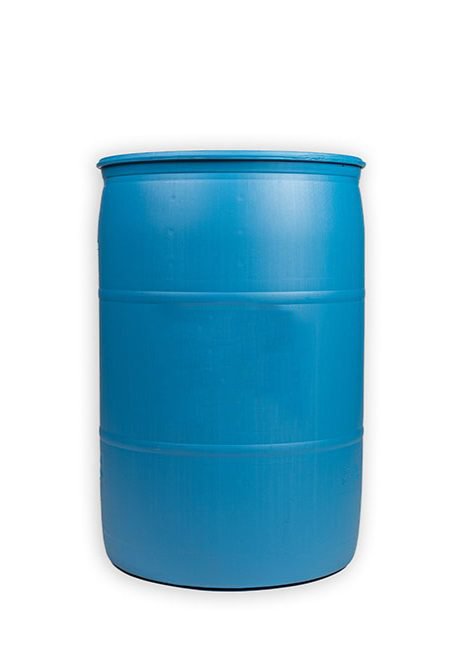- +973 1771 7722
- info@ecoflowbh.com
RO Chemicals

RO chemicals refer to the chemicals used in the process of reverse osmosis (RO) water treatment. Reverse osmosis is a widely used water purification method that involves passing water through a semi-permeable membrane to remove impurities, contaminants, and dissolved solids.
Antiscalants: These chemicals help prevent the formation of scale or mineral deposits on the surface of the RO membrane. They inhibit the precipitation of minerals such as calcium, magnesium, and silica, which can hinder the efficiency of the membrane.
Cleaning agents: Over time, RO membranes may accumulate fouling and deposits that can reduce their effectiveness. Cleaning agents, such as specialized detergents and acids, are used for periodic cleaning and maintenance of the membranes, ensuring their longevity and optimal performance.
Products
- Whole House Filters
- Softener
- Domestic RO Systems& Hot,cold Dispencer
- Commercial RO System
- Industrial RO Plant
- Containerized Treatment Plant
- Gray Water Plant
- Parts
- Membranes
- Control Valves( Media & Softener )
- Frp Filter Tanks
- Chemical Solution Tanks & Commercial/industrial Brine Tanks
- Commercial Water Pumps & Dosing System
- Water Disinfection Products (uv )
- Cartridge Filters & Housings
- Shower Filter
- Filtration Media And Resin
- RO Chemicals
pH adjusters: RO membranes operate within a specific pH range for optimal performance. pH adjusters, such as acids or bases, are used to maintain the desired pH levels of the feed water, ensuring the membrane functions efficiently.
Disinfectants: To prevent bacterial growth and maintain microbial control within the RO system, disinfectants are used. Common disinfectants include chlorine-based compounds or other biocides that effectively kill bacteria and microorganisms.

